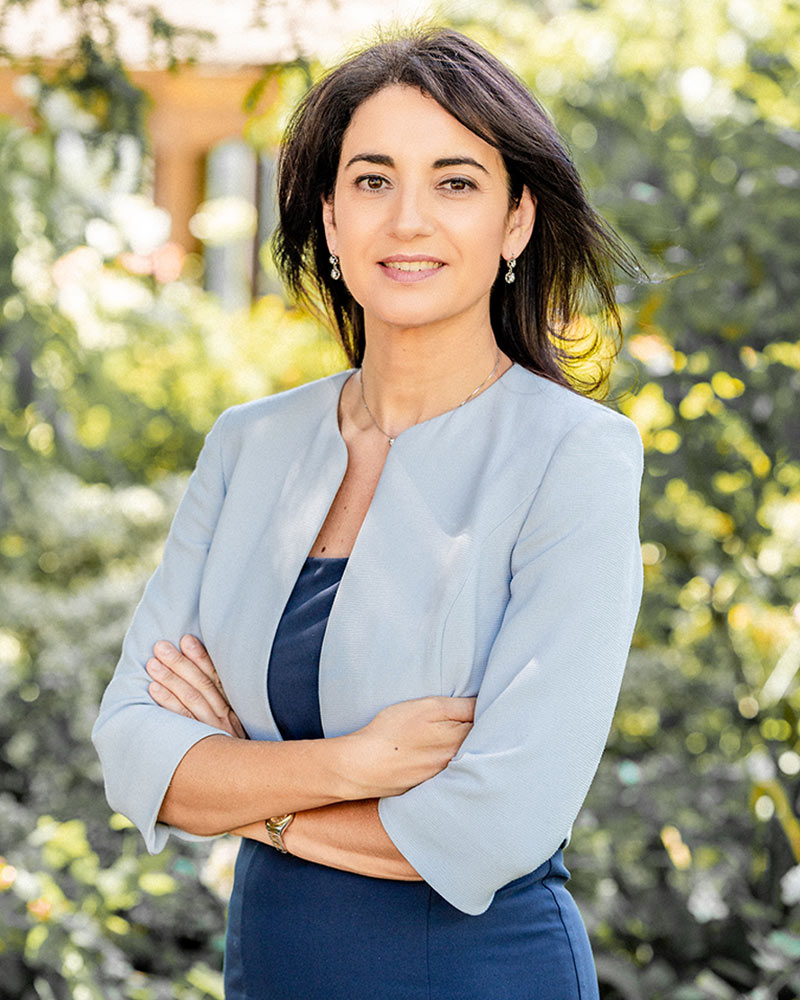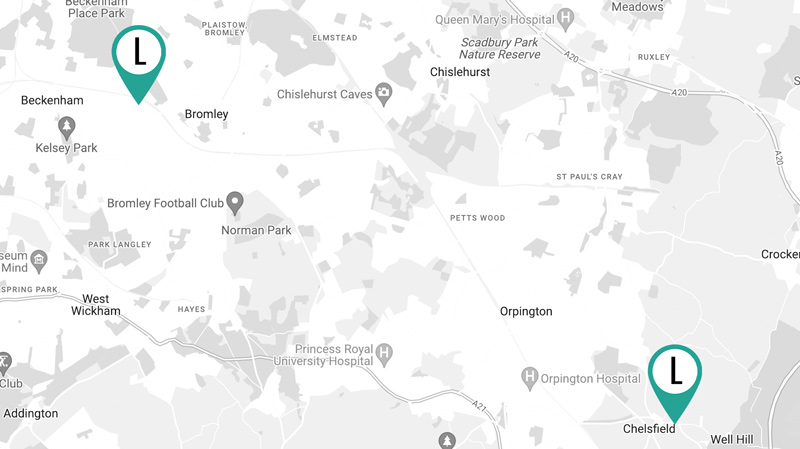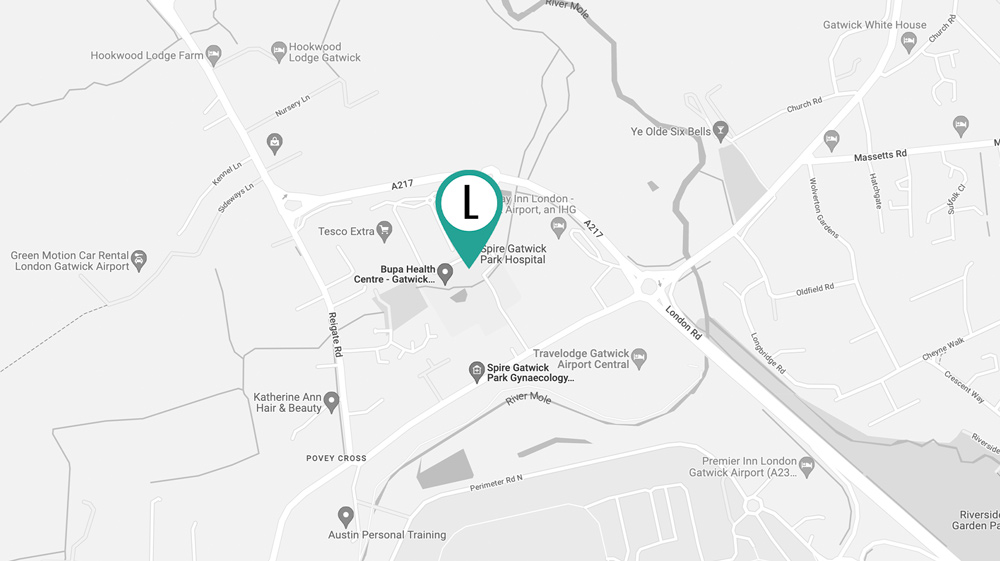Overcome the pain and frustration of keratoconus with corneal cross-linking
A great solution to stop the progression of keratoconus
Gain visual freedom in 3 easy steps
Eye treatment options can be confusing. We’ve made the journey as straightforward as can be


Get in touch
Not everyone is suitable for reading glasses treatment. The first step is to get a clear answer on whether there is a treatment option that can help you or not. Give our friendly team a call on 07943 872888 or book a free assessment online now.


We’ll meet
At your consultation, we’ll answer your questions and give you a clear and honest recommendation based on your lifestyle. You’ll leave with a confident understanding of the best reading treatment option for your unique eyes.


ENJOY FREEDOM
After treatment, people across the country tell us how surprised they are by how quickly their life changed and how young they feel. Reading a restaurant menu, scanning their phone or seeing the dials on the car dashboard are all possible once more. Most people say that they wish they had done it years earlier!
What our patients say…
We’ve helped thousands of happy patients in Surrey and Kent gain freedom with eye surgery

★ ★ ★ ★ ★
“I would like to thank you all for looking after me so well. This was the first time I had ever had any treatment to my eye and whilst somewhat tense about the procedure I can honestly say that it went like clockwork.”

★ ★ ★ ★ ★
“Thank you and your team very much indeed for looking after me during my initial visit and the day of cataract surgery.
I didn’t know what to expect, you put me at ease and everyone was very professional-excellent job!”
We have replaced the images of real patients who provided these testimonials to protect their privacy.
Academic resources on cross-linking
Learn more about cross-linking from authoritative sources. These links will take you off our website.
Affiliations and memberships
We are proud to be a part of these professional bodies

Hello, I’m Lucia Pelosini MD, your eye surgeon in Surrey & Kent
My vision is to provide my patients with warm and personalised guidance through their cataract surgery journey from start to finish. I run a highly individualized service to treat discerning patients with presbyopia (aging eyes) and cataracts who want the best treatment and technology available.
Ms. Lucia Pelosini
Consultant Ophthalmic Surgeon,
MD, MRCSEd, FRCOphth, CertLRS













